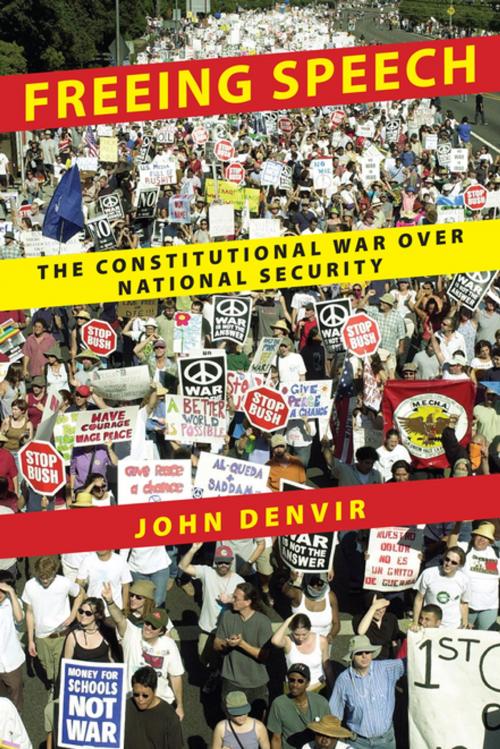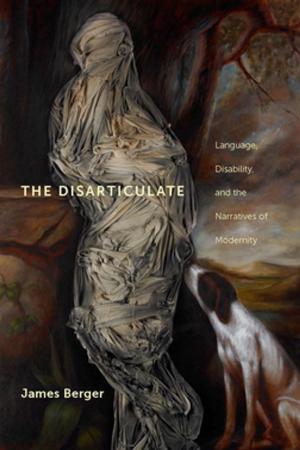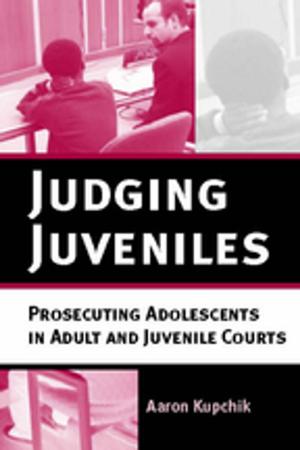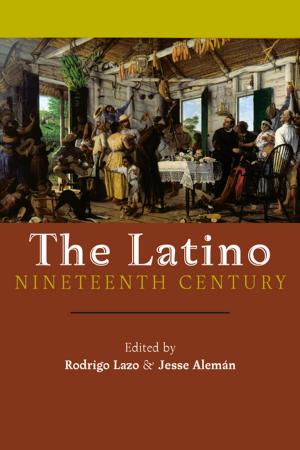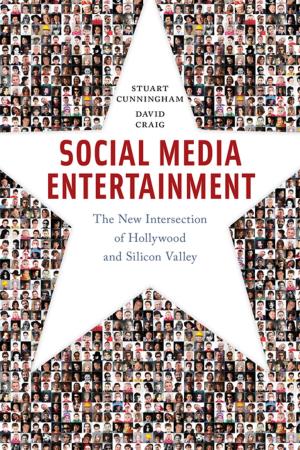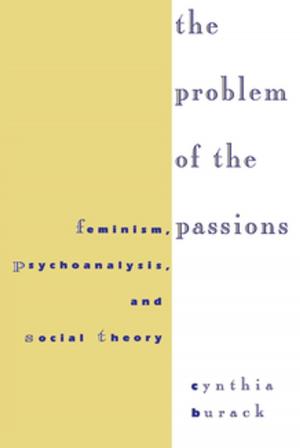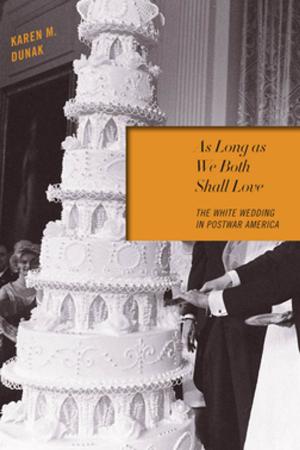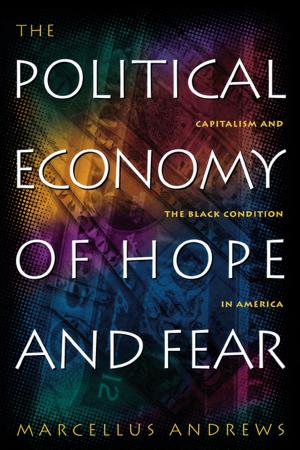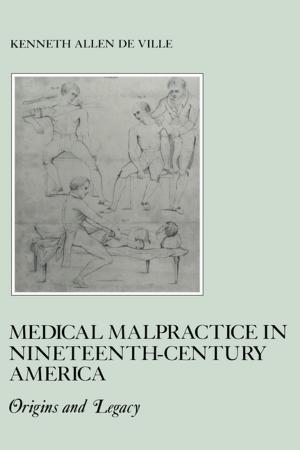Freeing Speech
The Constitutional War over National Security
Nonfiction, Reference & Language, Law, Constitutional| Author: | John Denvir | ISBN: | 9780814720868 |
| Publisher: | NYU Press | Publication: | May 1, 2010 |
| Imprint: | NYU Press | Language: | English |
| Author: | John Denvir |
| ISBN: | 9780814720868 |
| Publisher: | NYU Press |
| Publication: | May 1, 2010 |
| Imprint: | NYU Press |
| Language: | English |
The United States is in the midst of a heated conversation over how the Constitution impacts national security. In a traditional reading of the document, America uses military force only after a full and informed national debate. However, modern presidents have had unparalleled access to the media as well as control over the information most relevant to these debates, which jeopardizes the abilities of a democracy’s citizens to fully participate in the discussion. In Freeing Speech, John Denvir targets this issue of presidential dominance and proposes an ambitious solution: a First Amendment that makes sure the voices of opposition are heard.
Denvir argues that the First Amendment’s goal is to protect the entire structure of democratic debate, even including activities ancillary to the dissemination of speech itself. Assessing the right of political association, the use of public streets and parks for political demonstrations, the press’ ability to comment on public issues, and presidential speech on national security, Denvir examines why this democratic model of free speech is essential at all times, but especially during the War on Terror.
The United States is in the midst of a heated conversation over how the Constitution impacts national security. In a traditional reading of the document, America uses military force only after a full and informed national debate. However, modern presidents have had unparalleled access to the media as well as control over the information most relevant to these debates, which jeopardizes the abilities of a democracy’s citizens to fully participate in the discussion. In Freeing Speech, John Denvir targets this issue of presidential dominance and proposes an ambitious solution: a First Amendment that makes sure the voices of opposition are heard.
Denvir argues that the First Amendment’s goal is to protect the entire structure of democratic debate, even including activities ancillary to the dissemination of speech itself. Assessing the right of political association, the use of public streets and parks for political demonstrations, the press’ ability to comment on public issues, and presidential speech on national security, Denvir examines why this democratic model of free speech is essential at all times, but especially during the War on Terror.
